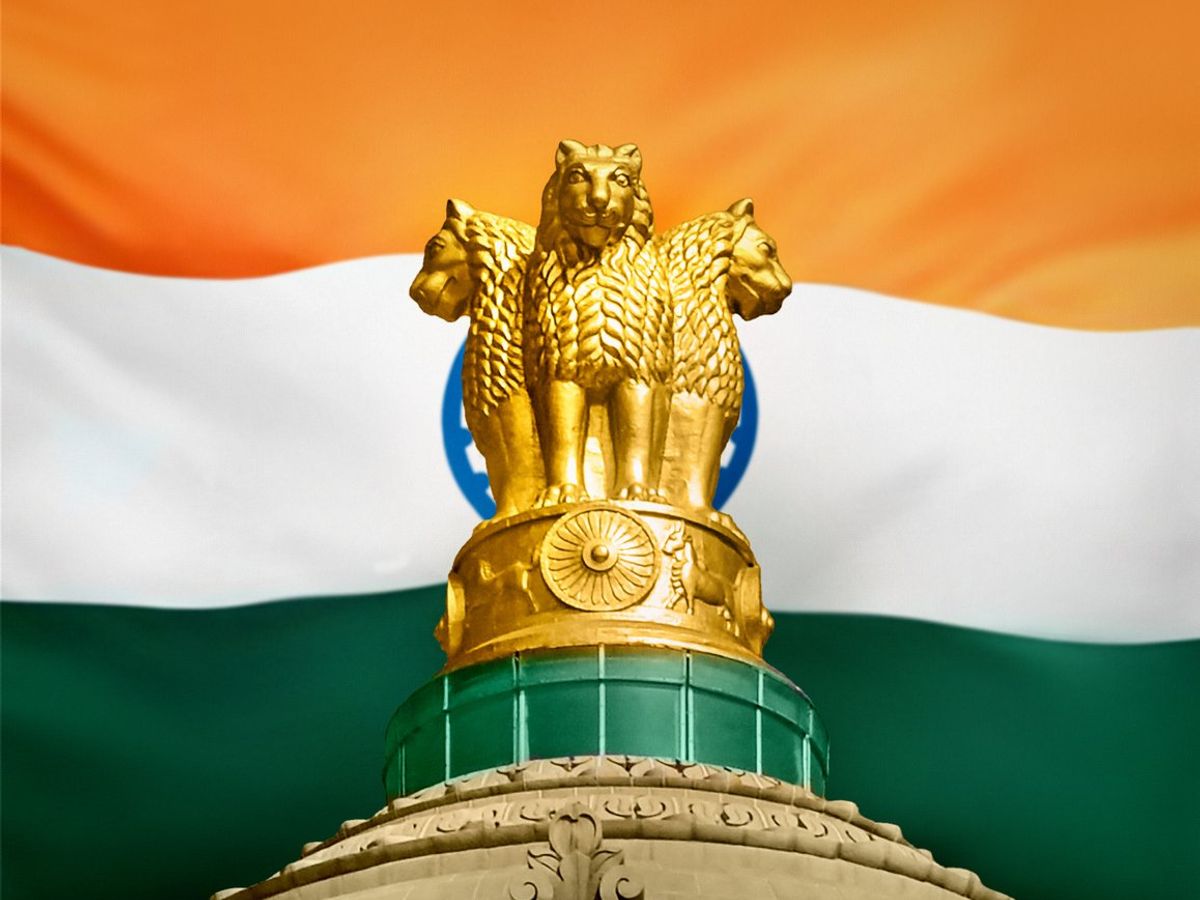Are you aspiring to clear the IAS exam? Wondering about how the EWS Reservation works and if you’re eligible for it? This article is your one-stop destination for all the questions you have on the EWS reservation and your eligibility for the same. We’ll talk about what EWS Reservation is and discuss all the criteria of eligibility.

What is EWS Reservation?
On January 9th, 2019, the Central Government of India has introduced the EWS Reservation through the 124th Amendment Bill in the Parliament to provide 10% reservation for the economically backward candidates belonging to the general category for admission during the higher education process and in employment through direct recruitment into the government sector. The reservation will be giving without taking away from the already existing reservation quotas of SC, ST, and OBC candidates. This will overtake the Supreme Court’s 50% cap on quotas, making it 60% in total.
Who will be benefited from the 10% EWS Reservation?
It is expected that this bill will have a huge impact on many of the upper castes like Brahmins, Rajputs, Marathas, Jats, Bhumihars, and several other castes. But there are criteria for providing the EWS quota.
What are the Criteria for providing the EWS Reservation to a candidate?
EWS (Economically Weaker Section), also called EBC (Economically Backward Classes), is a subcategory of General Category in the Indian caste-based reservation system. Your incomes and assets decide if you belong to the economically backward section or not, and incidentally making you eligible for the EWS Reservation quota. Many people are not aware of the provisions that are newly introduced into our constitution.
The following criteria need to be satisfied to be eligible for the EWS reservation quota. Please note that ALL of them need to satisfy.
- The candidate should be from General Category. EWS Reservation is provided only to the General Category candidates. The other categories already have their own quotas: SC- 15%, ST- 7.5%, and OBC- 27%.
- The candidate’s gross family income should be less than eight lakhs. The income from all the sources is considered, i.e., agriculture income, salary, professional income, income from a business, etc. Note that only the income of the current financial year during which the candidate is applying is considered.
- The candidate’s family should not own an agricultural land of 5 acres or more than 5 acres.
- The residential flat that the candidate or anyone in their family owns should be less than 1000 square feet.
- The residential plot that the candidate or anyone in their family owns in the notified municipalities should be less than 100 square yards. One hundred square yards is approximately 900 square feet or 2 cents.
- The residential plot that the candidate or their family owns other than in the notified municipalities should be less than 200 square yards. Two hundred square yards is approximately 1800 square feet or 4 cents.
Note:
- The Central Government set the above criteria. The states have the freedom to decide their own cut-offs for income by increasing or decreasing them accordingly.
What is “Family”?
In all the criteria, the incomes and assets of a family as a whole are considered. What does family income mean? Who all are considered under “Family”? The family included the person seeking the EWS Reservation, their parents, their siblings who are under the age of 18 years (minors), their spouse, and children under the age of 18 years.
So, the income of all people in the family is considered when calculating the annual income of the candidate. Property owned by all the people in the family is considered while calculating the land owned by the family.
Now that we have all the clarity we need on the eligibility criteria, let us move on to the part where we learn how to actually claim the EWS quota benefit, shall we?
Claiming of EWS Reservation
To claim the benefit of the EWS Reservation, the candidate needs to get a certificate from the concerned local government authority (Tehsil), called “Income and Asset Certificate.” This certificate would serve as proof of your eligibility for the EWS Reservation. This process has to be done in an offline mode, as in person, as there are no online methods available for this process.
List of Authorized officials who can issue an “Income and Asset Certificate.”
- District Magistrate / Additional Magistrate / Collector / Dy. Commissioner / Additional Deputy Commissioner / Deputy Collector / 1st Class Stipendary Magistrate / Sub-Divisional Magistrate / Taluka Magistrate / Executive Magistrate / Extra Assistant Commissioner (not below the rank of 1st Class Stipendiary Magistrate).
- Chief Presidency Magistrate /Additional Chief Presidency Magistrate/ Presidency Magistrate.
- Revenue Officer not below the rank of Tehsildar
- Sub-Divisional Officer of the area where the candidate and/or his family resides.
Process of Verification
There is a verification process that a candidate has to undergo before the “Income and Asset Certificate” is issued to them. All the information in the documents submitted are examined and cross-verified carefully before the officers issue an “Income and Asset Certificate.”
This verification process is very important on the officer’s part as any person could make false claims and secure employment. Even after securing employment, any person’s services can be terminated at any point if any of the information they provided proves to be false.
Final Words:
This is all we need to learn about the EWS Reservation. For more information on other topics for the IAS exam or tips to follow, subscribe to our blog posts.

